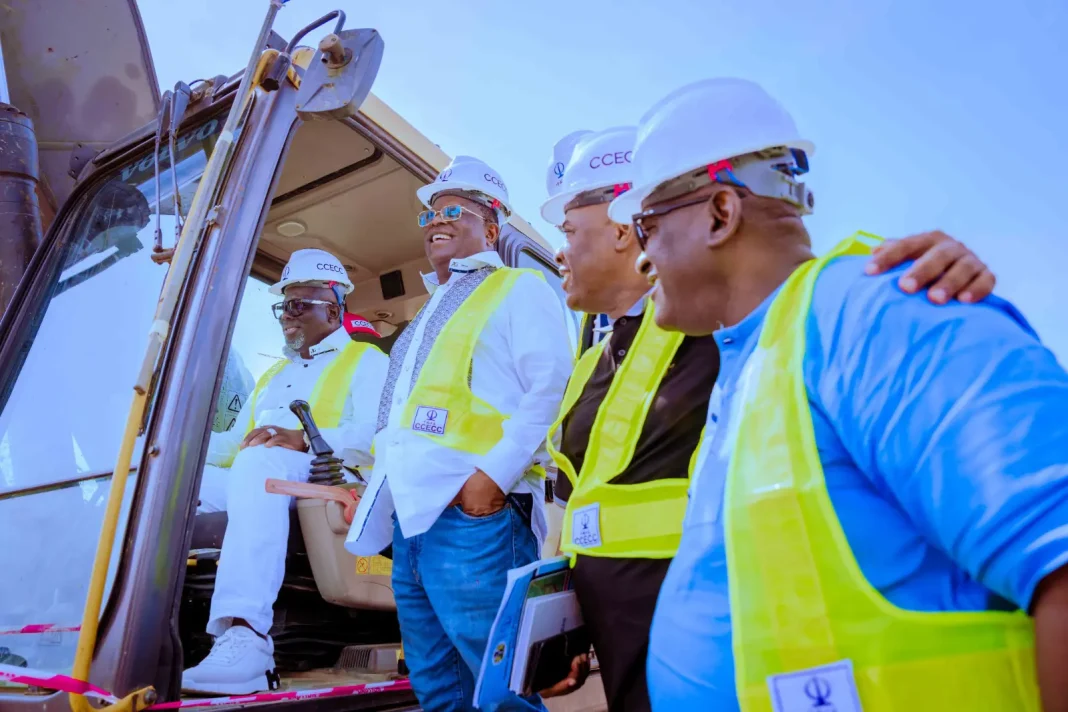The construction of the access road to the Second Niger Bridge, which connects Delta and Anambra states, is a significant infrastructure development aimed at enhancing connectivity and economic activities in the region. President Bola Tinubu, through the groundbreaking ceremony led by Governor Sheriff Oborevwori, highlighted the importance of this project as part of his administration’s Renewed Hope Agenda. The road is expected to improve road safety, boost trade, and facilitate smoother transportation across the South-East.
By connecting various communities in Delta State to the Second Niger Bridge, the project aims to alleviate the challenges that road users currently face due to the lack of proper access roads. President Tinubu emphasized that the new infrastructure would enhance connectivity, boost the economy, and improve the quality of life for residents.
In addition to the economic benefits, the project also aims to ease traffic congestion, particularly on the busy Asaba-Benin Road, which is known for heavy traffic, especially during holidays. However, there are expected inconveniences during the construction period, and the president urged citizens to cooperate with the contractors and exercise patience.
Minister of Works, Senator David Umahi, mentioned the challenges of compensation payments, which have been a hurdle for project construction in Nigeria. Nonetheless, the government is actively working to resolve these issues and ensure the timely completion of the road.
Overall, the project represents a major step toward improving infrastructure in the South-East, which is vital for regional development and economic growth. The cooperation of state and federal authorities, as well as the community, will be crucial for its successful implementation.
What are your thoughts on the long-term impact of this project for the region?

